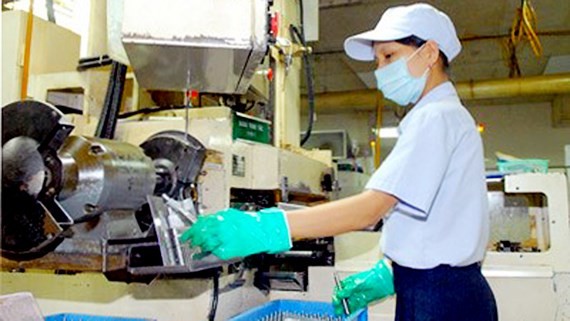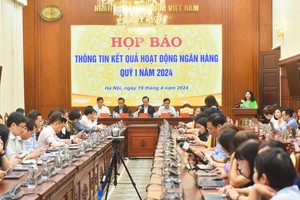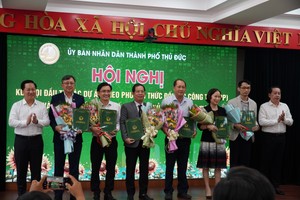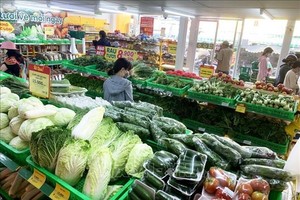
They were making the proposals at a dialogue with the Ministry of Health, the Ministry of Industry and Trade and the Ministry of Agriculture and Rural Development.
Japanese firms also suggested relevant agencies to apply risk control measures to reduce the frequency of checks and sample taking to businesses, who well abide by food safety and hygiene as well as customs clearance regulations to reduce damage for import consignments.
Inspection operation relating to crop protection products need be more transparent. Banned active ingredients permitted for use in pesticides, the process of inspection, sample taking and customs clearance to these products should be publicized.
Aside from that, authorized agencies should publicly announce pesticide use regulations in the domestic market, the way and content of using these products and pesticide residue level in farm produce to prevent the situation, in which businesses are strictly inspected for many times during and after the use process.
At the meeting, Japanese businesses recorded attempts by authorized agencies in administrative reform which has made export import operations more transparent.
Online registration to import products has been implemented to facilitate businesses’ activities. Specialized analysis to food samples has significantly been improved. Customs clearance time has reduced from nine to three days.
In response to Japanese firms’ suggestions, Mr. Le Van Giang, deputy head of Food Safety Department under the Ministry of Health, said that Vietnam has recognized inspection and testing results and certification by Japanese authorized agencies.
Other food safety regulations on microbial and heavy metal contents have been detailed in official information channels.
At present, businesses must register and get licenses by authorized agencies to circulate three groups of products in the market including medicinal products, food additives and food for children of less than 36 months.
They can conduct self-certification to other products and announce that these products comply with relevant regulations on their websites. In addition, they must send the announcement to relevant agencies. If the agencies have no ideas during stipulated time, the products are tacitly accepted, permitted to import and circulate in the market.
Companies producing in Vietnam can send the announcement to local authorities instead of ministries or agencies.
A representative from the Ministry of Agriculture and Rural Development affirmed that Vietnam imports 100,000 tons of pesticides a year. Inspection of pesticide quality, label and ingredients must be conducted tightly. Currently, 100 percent of pesticide consignments must experience sample testing.
























